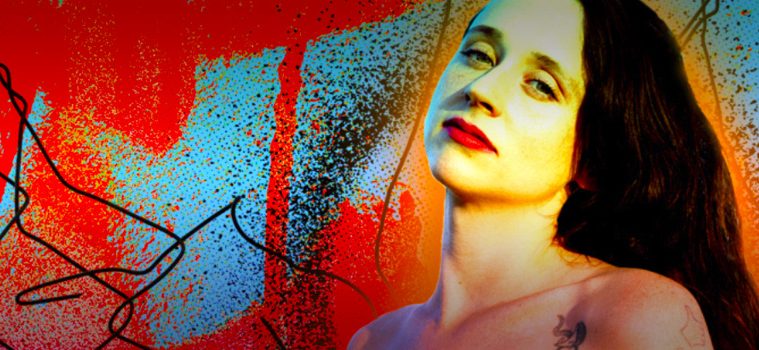WATCH – Music soothes the savage addiction –
December 18, 2020 – Katie Crutchfield grew up in Alabama and lives in Kansas City, but the story behind Saint Cloud, her fifth and best album as Waxahatchee, begins in Barcelona. That’s where Crutchfield decided to get sober, right in the middle of touring her previous album, 2017’s Out In The Storm.
It’s a story Crutchfield told countless times this year while promoting Saint Cloud, a story that has become intertwined with the record’s surrounding narrative of recent sobriety. “I had gone back and forth a lot about my substance issues,” Crutchfield told Pitchfork last spring, “and I woke up one day and said, ‘I’m done with this forever.’ I went and got my own hotel room in Barcelona and started to work on music. I remember thinking, ‘This is the beginning of a new chapter of my life.’”
Saint Cloud, the resulting album, does sound like a new beginning. It’s an airily beautiful album, and an endlessly giving one, full of open spaces and moments of exhilarating simplicity. Crutchfield chose to paper over the roiling angst of Out In The Storm with open-hearted Americana inspired by Lucinda Williams, but she couldn’t have known she was delivering a beacon of comfort and empathy at a moment of immense, world-historic catastrophe. Saint Cloud became counter-programming in a year of destabilization. Musically, the album, with its ringing major chords and unfussy arrangements, feels like a direct antithesis of the other hugely acclaimed singer-songwriter album from last spring, Fiona Apple’s Fetch The Bolt Cutters. There are no cacophonies of makeshift percussion or howling dogs. Just songs. Crutchfield’s willingness to speak and write plainly about her experiences with alcoholism is invaluable to fans coping with their own addictions in private. But it doesn’t exist in a vacuum. Saint Cloud feels like the culmination of a recent trend of great songwriters — particularly within the indie-rock realm — confronting sobriety and recovery directly in their songwriting.
Two years ago, the Canadian punk band Dilly Dally released one of the best songs in this category: “Sober Motel,” a raw, howling ode to sobriety that singer Katie Monkswrote for a bandmate dealing with addiction while immersed in a touring culture that romanticizes it. The song raises a middle finger at that culture: “Fuck the notion / That you should be higher / I’ve been lost in a fog for forever,” Monks sings in her exhilarating, charred voice.



